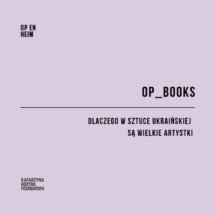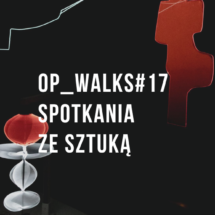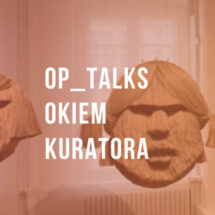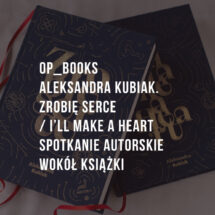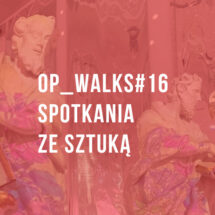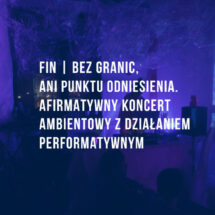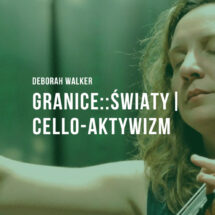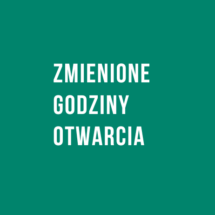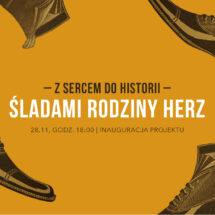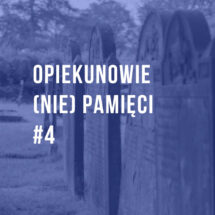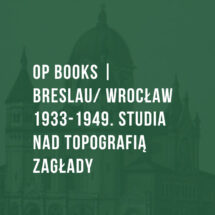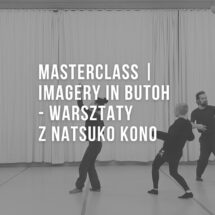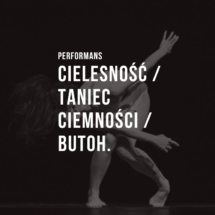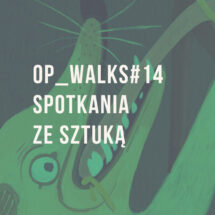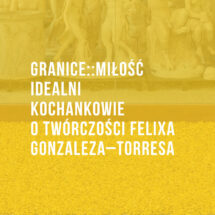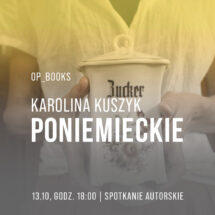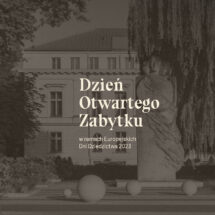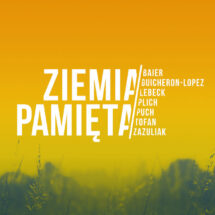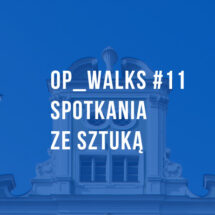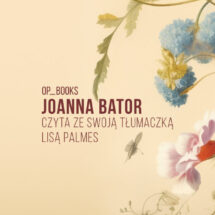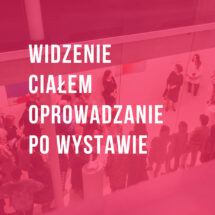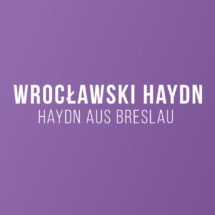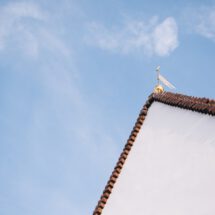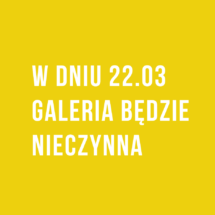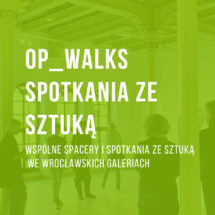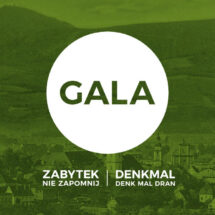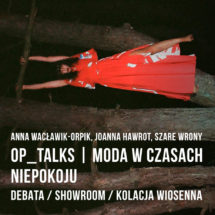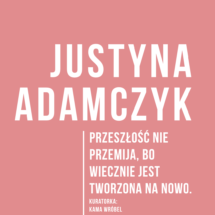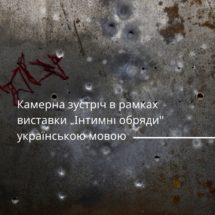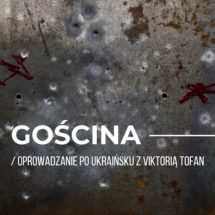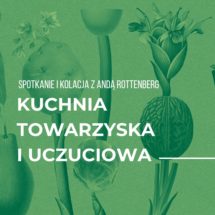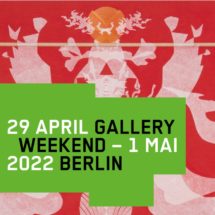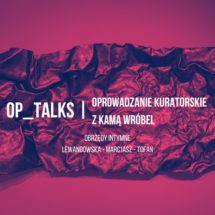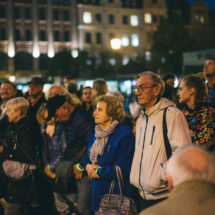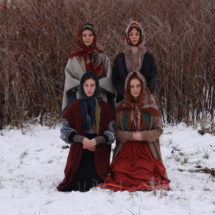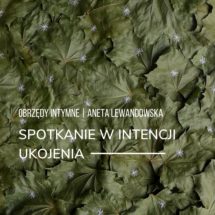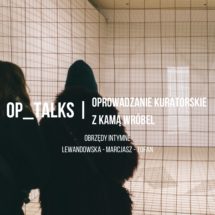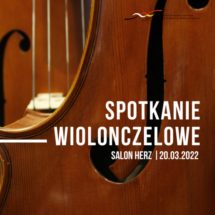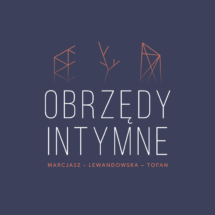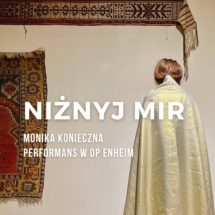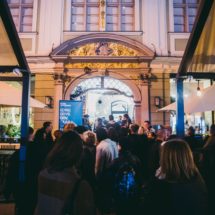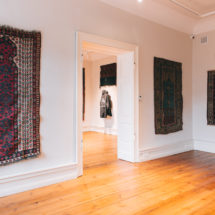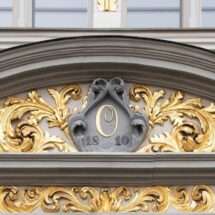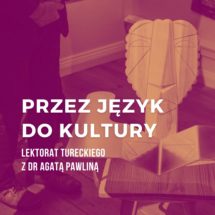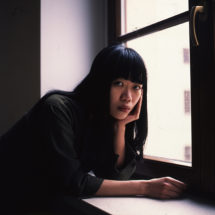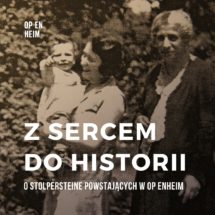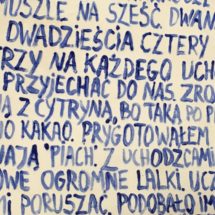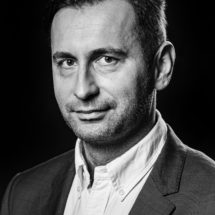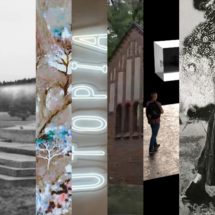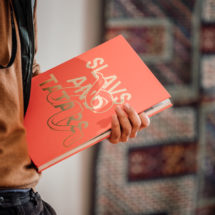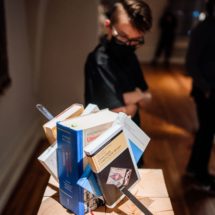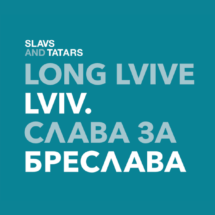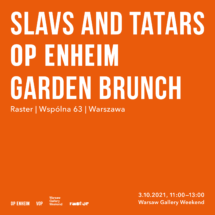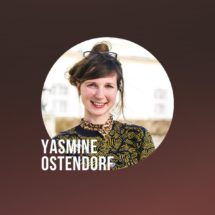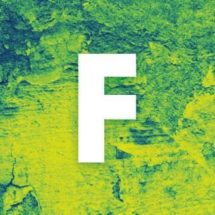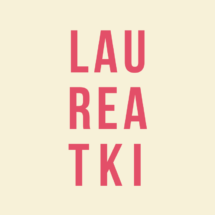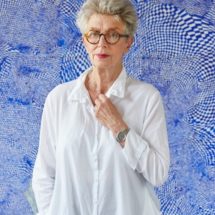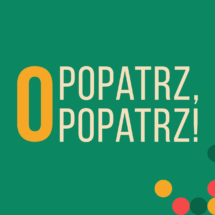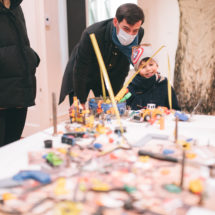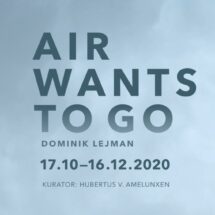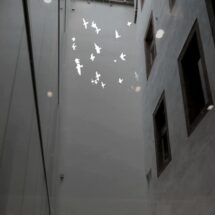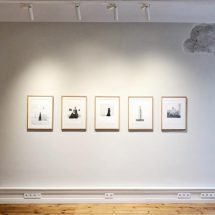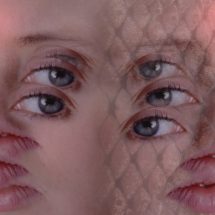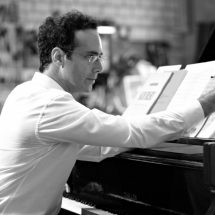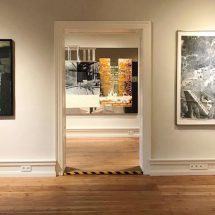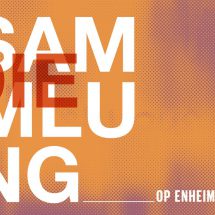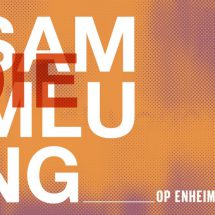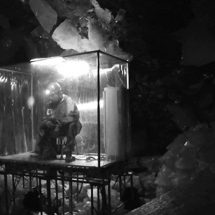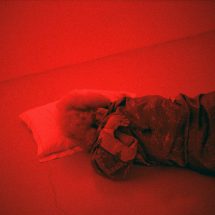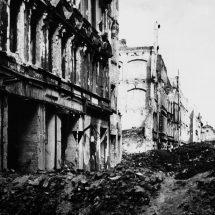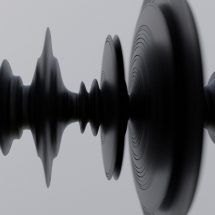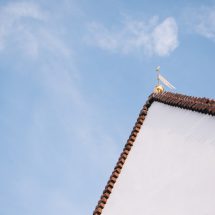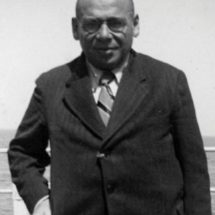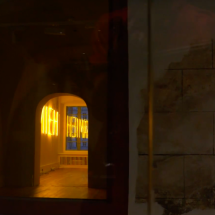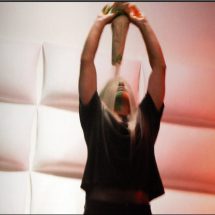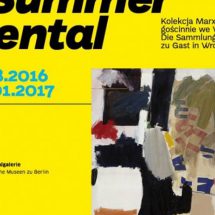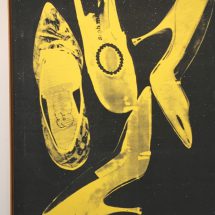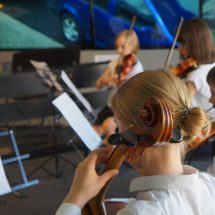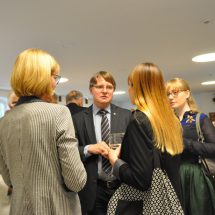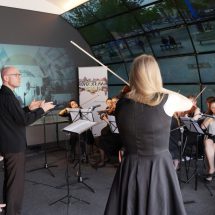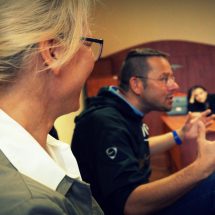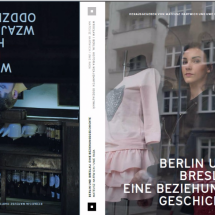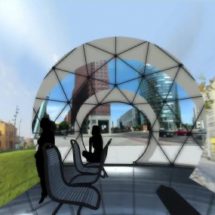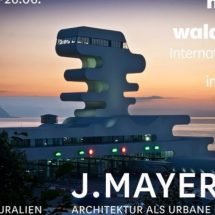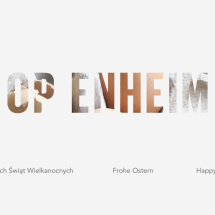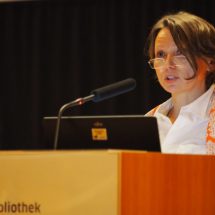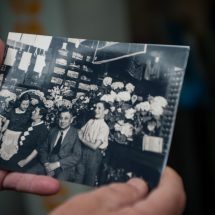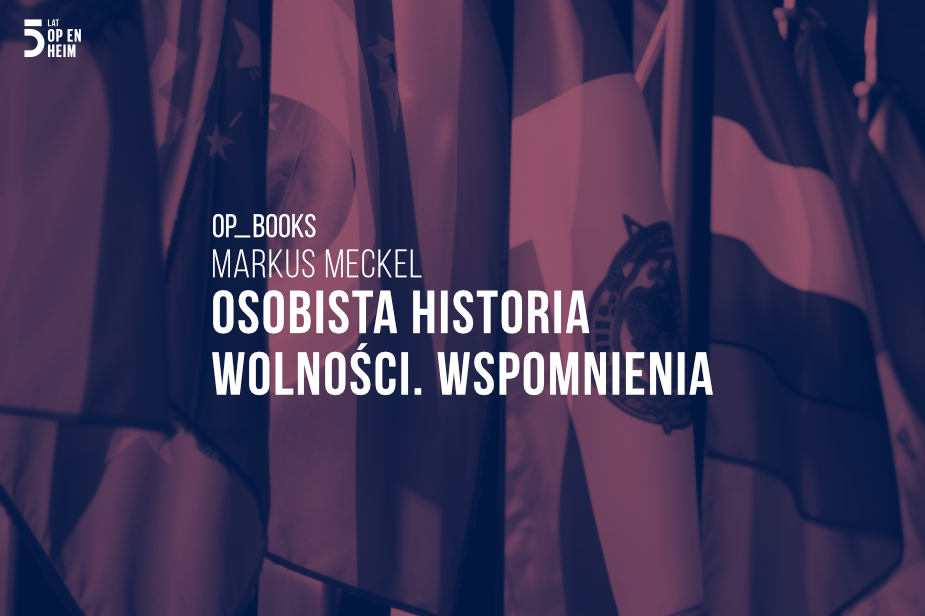
23.05.2023
start at 17:00
end at 19:00
Together with the Consulate General of Germany in Wrocław and the Willy Brandt Centre for German and European Studies of the UWr, we invite you to an author meeting with the East German democratic opposition activist and the last East German Foreign Minister Markus Meckel and a discussion about the Polish edition of his memoirs ‘Personal History of Freedom. Memories’.
OP_BOOKS | Author’s meeting with Markus Meckel
“A personal history of freedom. Memories”
When: 23.05.2023, 17:00
Where: Salon Herz, 5th floor. OP ENHEIM, Plac Solny 4, Wrocław
Language: Polish, German
Registration until 22.05.2023: https://bit.ly/3p9M2Rs
Free entry
Wspomnienia Markusa Meckela oddają złożoność losów Kościoła ewangelickiego w Niemczech Wschodnich jako ostoi niezależnego myślenia i swobody dyskusji w komunistycznej dyktaturze. Markus Meckel wniósł istotny wkład w organizację demokratycznej opozycji we wczesnych latach 80. XX wieku, a następnie poprowadził środowiska socjaldemokratyczne do wygranej z reżimem SED. Jego życie było ukształtowane przez edukację poza systemem komunistycznym, odwagę i zmysł organizacyjny. Jako współzałożyciel wschodnioniemieckiej SPD i minister spraw zagranicznych demokratycznego rządu NRD współkształtował proces zjednoczenia Niemiec i uznania granicy polsko-niemieckiej. Działał również aktywnie na rzecz pojednania polsko-niemieckiego jako poseł do Bundestagu. Biografia Meckela zawiera cenne spojrzenie świadka historii na stosunki polsko-niemieckie z rzadko zauważanej w Polsce perspektywy wschodnioniemieckiej.
Markus Meckel was born on 18 August 1952 in Müncheberg in Brandenburg in the GDR. In 1969, he had to leave high school for political reasons. He passed his baccalaureate at the Potsdam-Hermannswerder Theological Seminary and then studied theology in Naumburg and Berlin from 1971 to 1978. After his vicariate and pastoral service as a Protestant pastor in Vipperow/Müritz, Meckel was director of the Ecumenical Meeting and Education Centre in Niederndodeleben near Magdeburg from 1988 to 1990. Since the 1970s, he was involved in opposition activities in the GDR. In 1989, together with Martin Gutzeit, he founded the Social Democratic Party of Germany (SDP) in the GDR, which he represented at the Central Round Table. After the first free elections in the GDR in 1990, he became Minister of Foreign Affairs. From 1990 to 2009 he was a member of the Bundestag on behalf of the SPD. He holds numerous honorary positions in foundations and organisations, including as Chairman of the Council of the Foundation for Polish-German Cooperation and Chairman of the Federal Council of the Foundation over the Dictatorship of the Socialist Unity Party of Germany (SPJN). From 2013 to 2016 he was chairman of the German People’s Association for the Care of War Graves (Volksbund Deutsche Kriegsgräberfürsorge e.V.).
____
This book is the third volume in the series ‘Breakthroughs and People of Dialogue. From the history of Polish-German understanding’, published by the Centre for Historical Research of the Polish Academy of Sciences in Berlin. The people presented in it – both well-known and less frequently noted in wider public debates – made an important contribution to Polish-German understanding after the Second World War. The publication was published with the support of the Foundation for Polish-German Cooperation.
The book is available free of charge at: https://publikacje.pan.pl/book/144664/osobista-historia-wolnosci-wspomnienia-meckel-markus-2023?language=pl.
The meeting is held with the support of the Friedrich Ebert Foundation (FES)
____
Organised by: OP ENHEIM, Consulate General of Germany in Wrocław, Willy Brandt Centre for German and European Studies UWr





